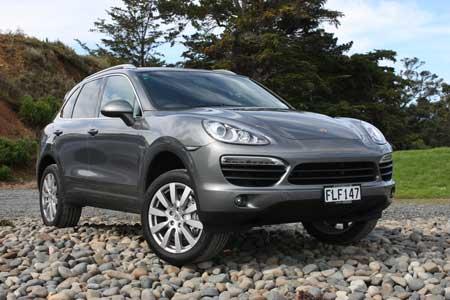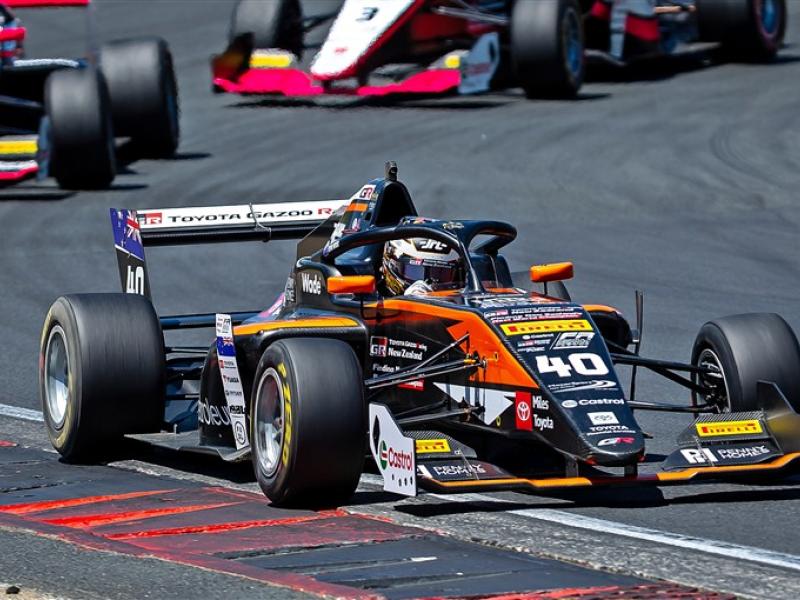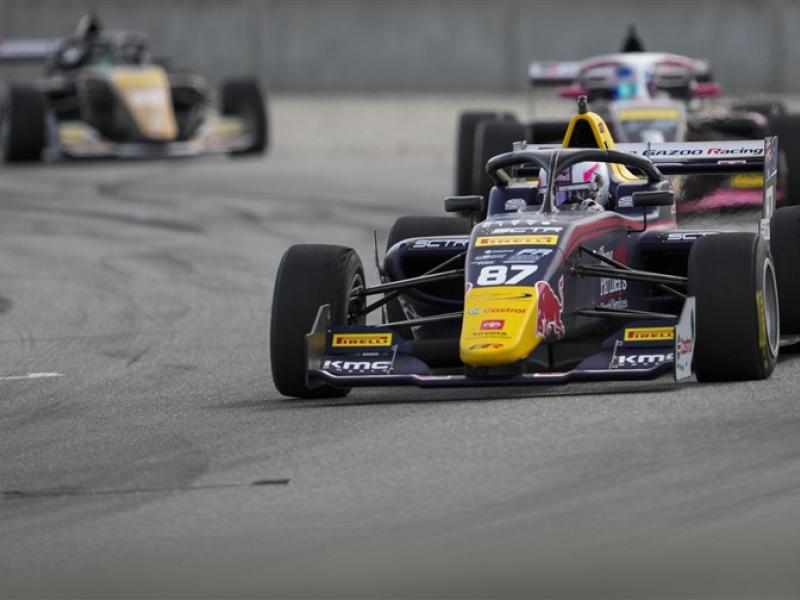|
Robert Barry examines the new Porsche Cayenne S Hybrid and wonders if it justifies the price premium over the standard Cayenne S V8? The Cayenne S Hybrid might be the first full parallel Hybrid SUV to be put into series production by Porsche AG, but it is not the first Porsche Hybrid, that accolade belongs to a vehicle created by the company’s founder in 1900. It was Dr. Ing. hc. Ferdinand Porsche who created the first hybrid engine for the Lohner-Porsche Semper Vivus. Built in 1900 by the Viennese coachbuilders Ludwig Lohner & Co, the ungainly looking Semper Vivus featured two combustion engines combined with two hub motors and it could store surplus electric power into its battery. To this day the Semper Vivus is acknowledged as the world’s first fully functional hybrid vehicle. Dr Porsche would no doubt approve of the Cayenne S Hybrid’s full parallel setup which sees the German manufacturer using sophisticated technology to achieve its aim of delivering storming V8 performance with V6 economy and emissions. The Cayenne S Hybrid features a 3.0-litre V6 supercharged engine and an electric motor/generator which provides additional power on demand which Porsche says is comparable with a V8 unit but offers up to 22 percent less fuel consumption and emissions. The supercharged V6 engine with direct fuel injection produces 245kW of engine power while the electric system generates 34kW. Working in tandem they produce 279kW and maximum torque of 580Nm at 1000rpm which on a day to day basis makes the Cayenne S Hybrid feel much more responsive than the Cayenne S which powered by a direct injection 4.8 litre V8. While the Cayenne S V8 has more power at 294kW it has less torque at 500Nm – and this really does translate to the Hybrids superior performance in terms of responsiveness and consumption over the V8 during everyday motoring. On the parallel full hybrid system the electric motor and a de-coupler are integrated directly into the drive train between the V6 engine and the eight-speed Tiptronic S gearbox. Using this decoupling system the electric motor can power the Cayenne S Hybrid independently of the V6 engine allowing the driver to choose full electric mode when required for quieter motoring through a residential area or car park. The decoupling system also means that both engines can be “turned off” allowing the vehicle to “coast” or “sail” along long stretches of highway or urban road without using any power or consuming any fuel. It’s an eerie feeling at first but one you quickly acclimatise to, but the power steering, braking and air conditioning all continue to function as normal thanks to the electric energy provided by the hybrid battery. For crawling in traffic the Cayenne S Hybrid has an auto stop/start function which shuts the engine down at rest and restarts immediately as you lift your foot off the brake pedal. Like its V8 sibling, the Cayenne S Hybrid comes fully equipped for driving comfort with air suspension that can be raised for off-road use and lowered for loading cargo. The Car also receives Porsche active suspension management (PASM), as well as the Porsche communications management (PCM) touch screen for audio and navigation functions and a reversing camera as standard equipment. The electrically powered and heated front seats are also worthy of praise for their comfort and ease of use. |
We managed a short back to back drive of the Cayenne S Hybrid and the Cayenne S V8 and at city speeds the torque of the Hybrid power-train felt a great deal more responsive than the V8. Equally while the Cayenne S Hybrid managed a frugal urban average fuel consumption of 12.2l/100km, the V8 Cayenne S in similar conditions was chugging fuel back at the average rate of 15l/100km. The Cayenne S Hybrid retails for $197,500 which is a $15,000 premium over the similarly specified Cayenne S V8 at $182,500. We did a calculation over a three year period based on a 20,000km per annum mileage to see if the premium would be quickly retrieved. Sadly it’s not. At a current retail of $1.89 for 98RON unleaded petrol the Cayenne S averaging 10.5 litres over the would use 6300 litres of fuel over three years ($11907.00) while the Cayenne S Hybrid would use 4920 litres (9298.80). That’s a saving of $2608.00 over a three year period, hardly small change, but not enough we think to justify the premium for the technology. Specifications: Body type Five-door SUV
|






